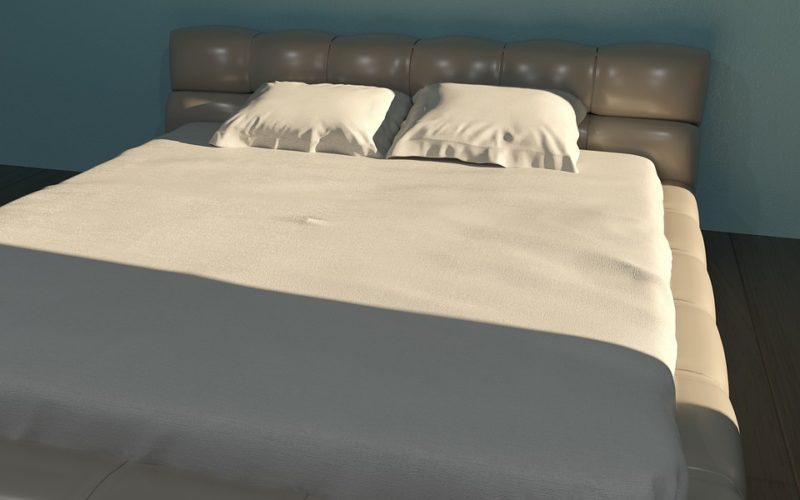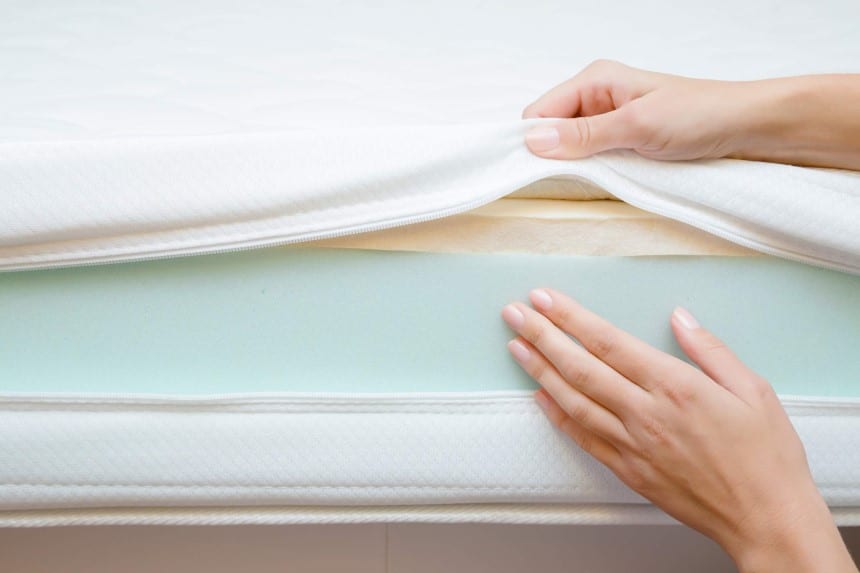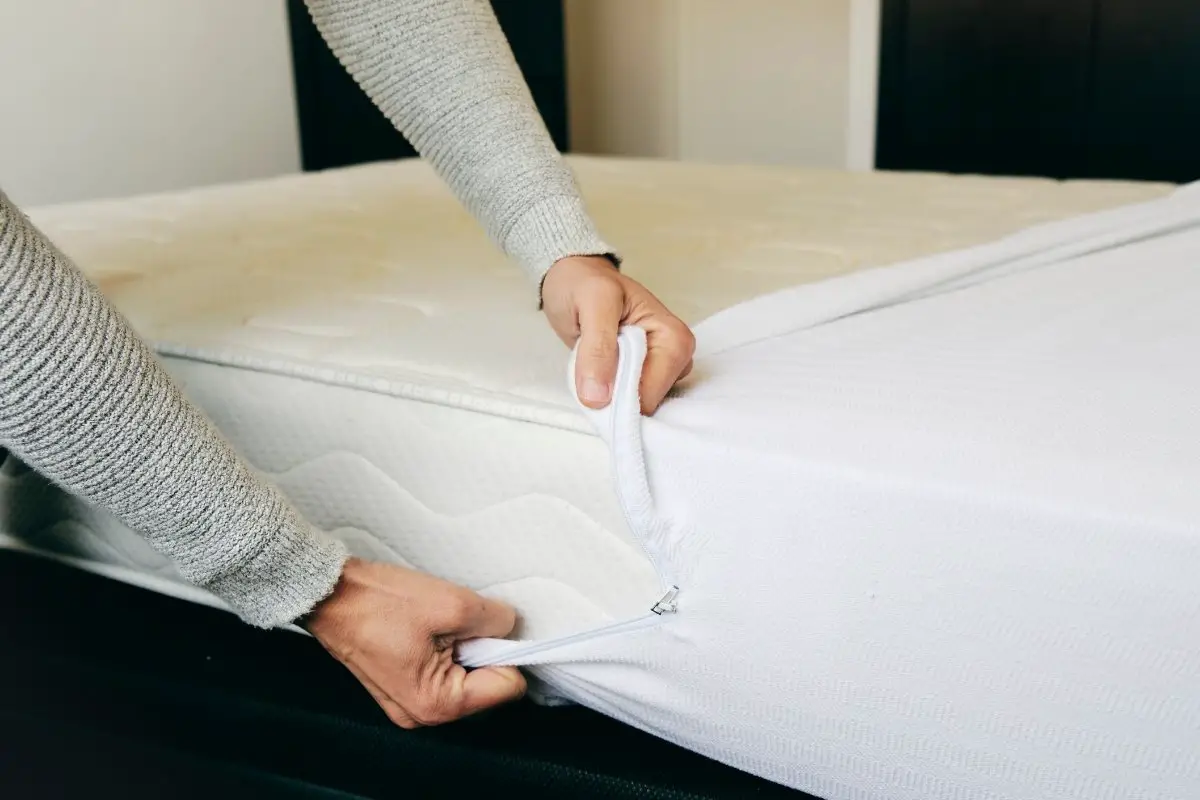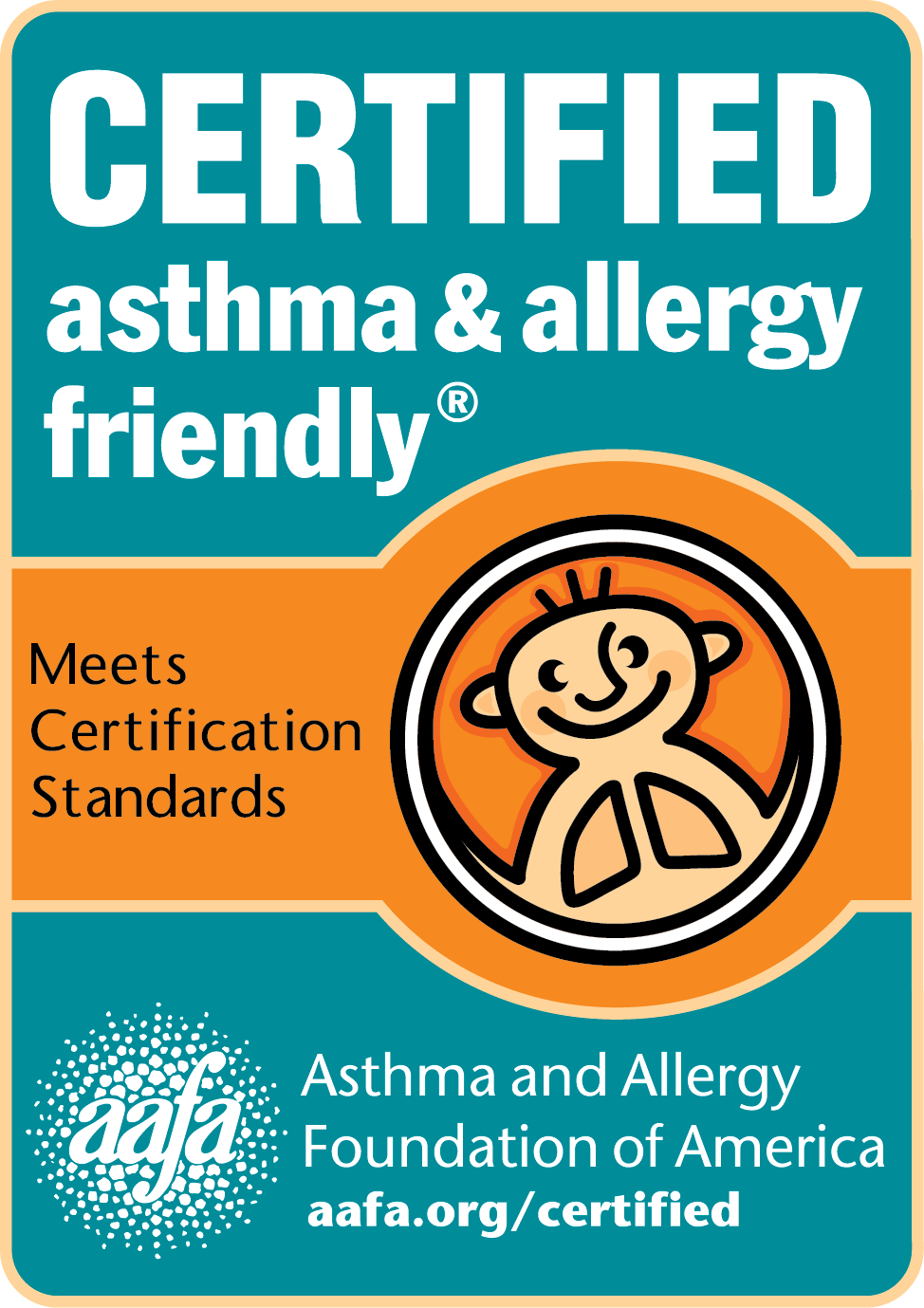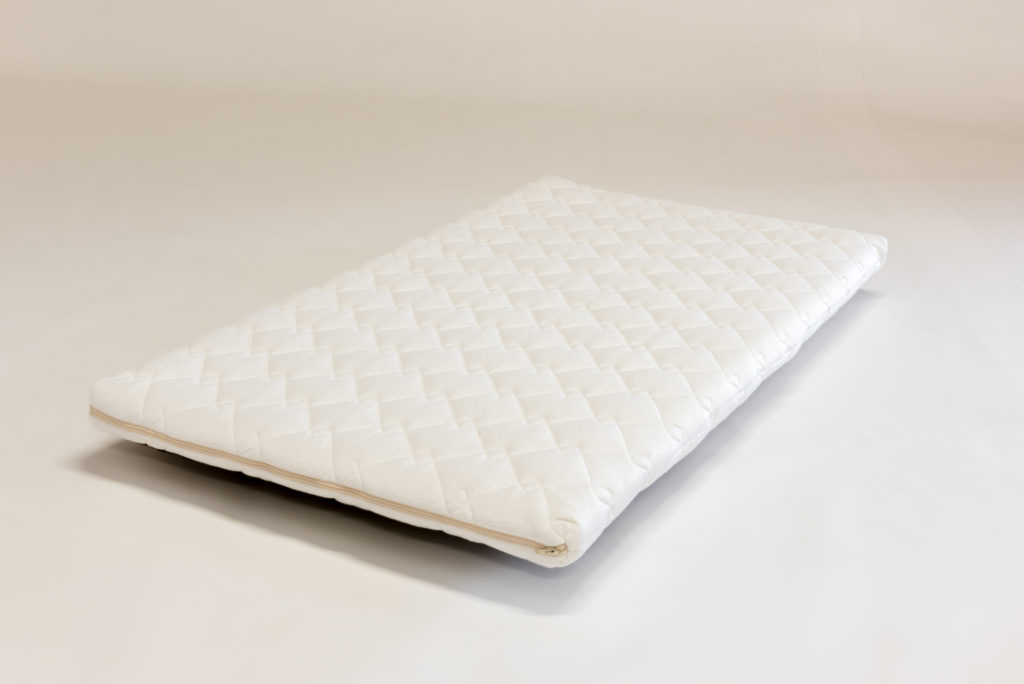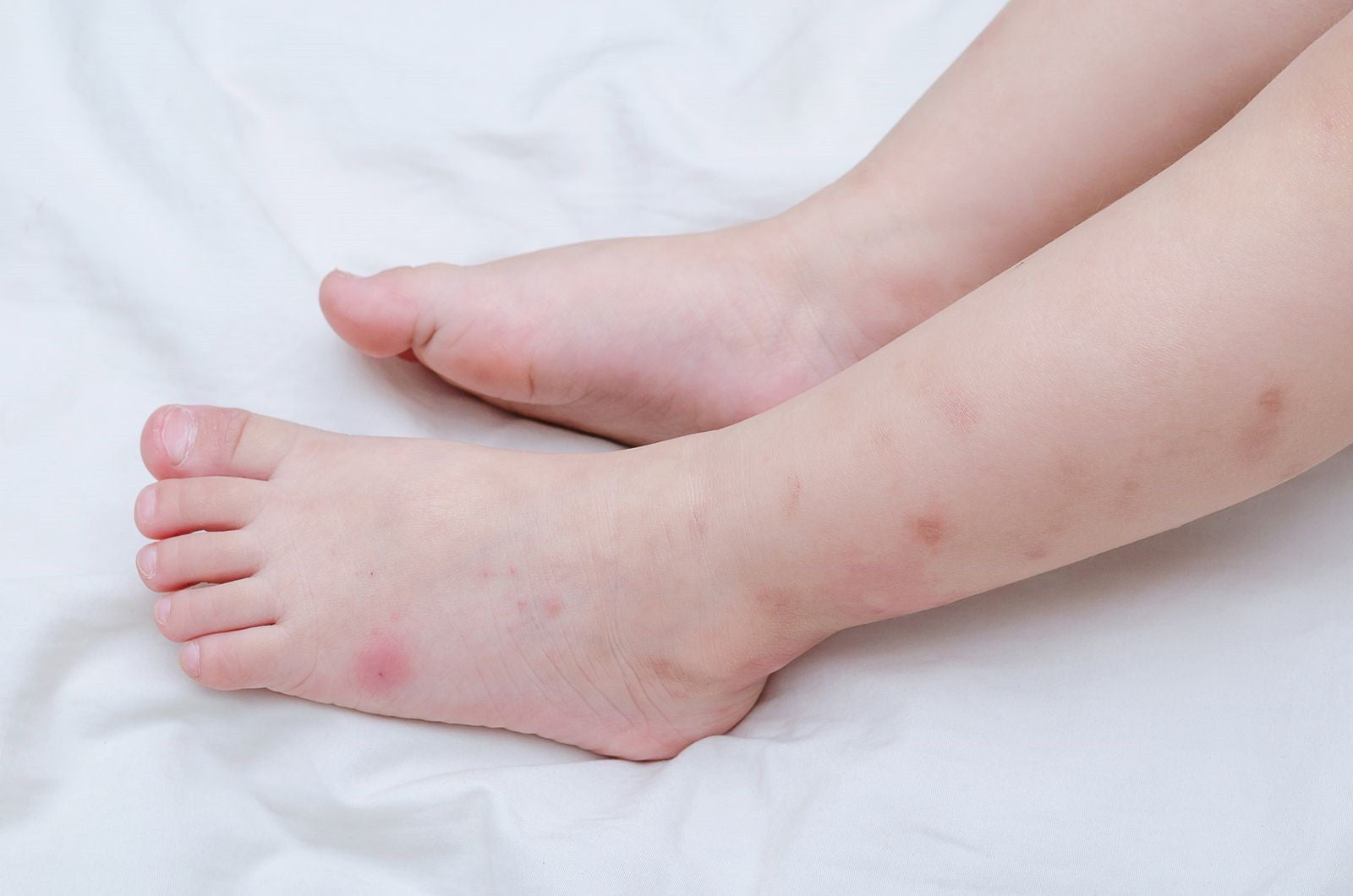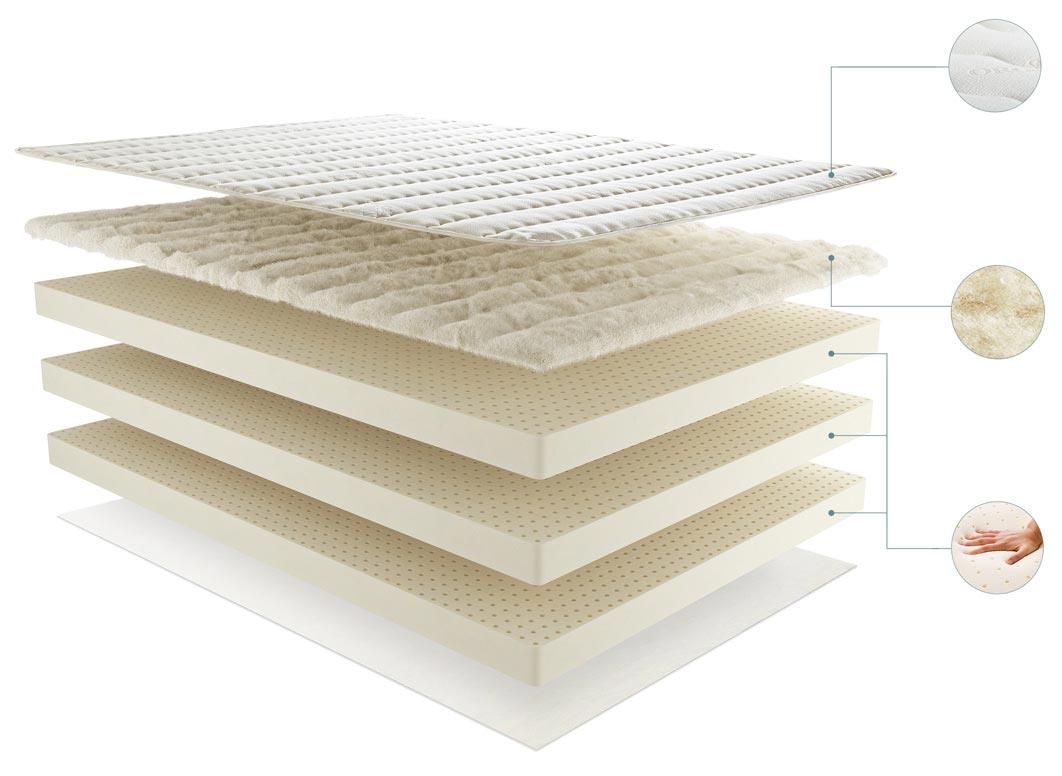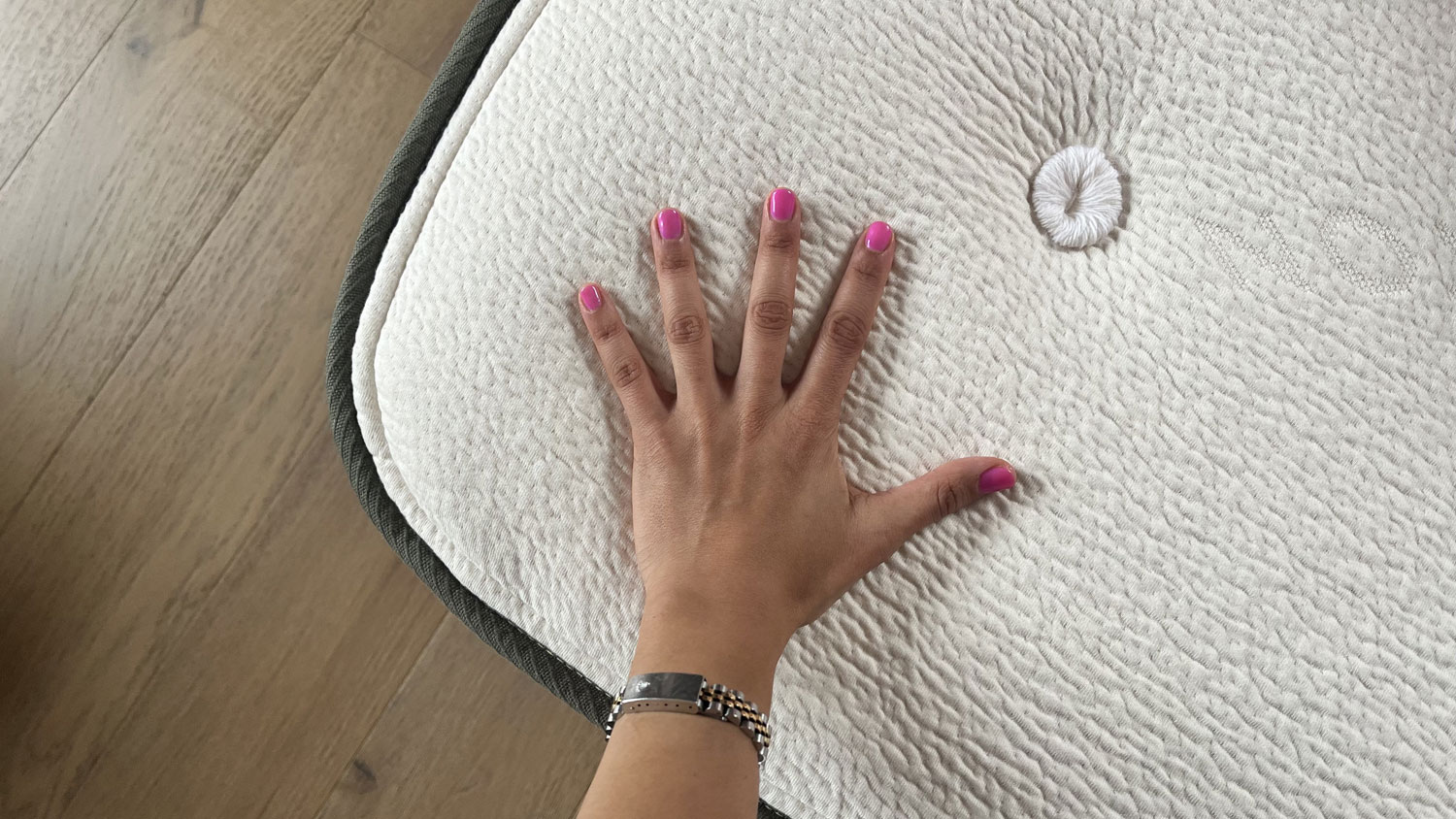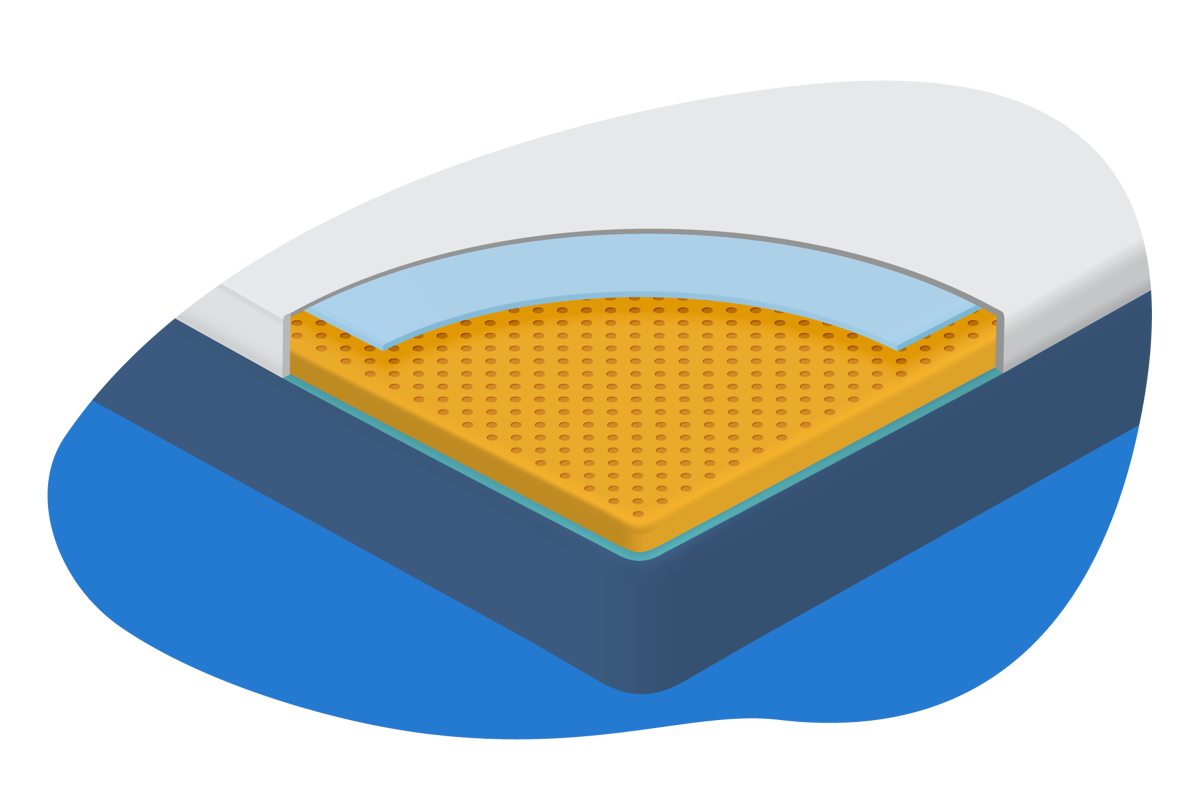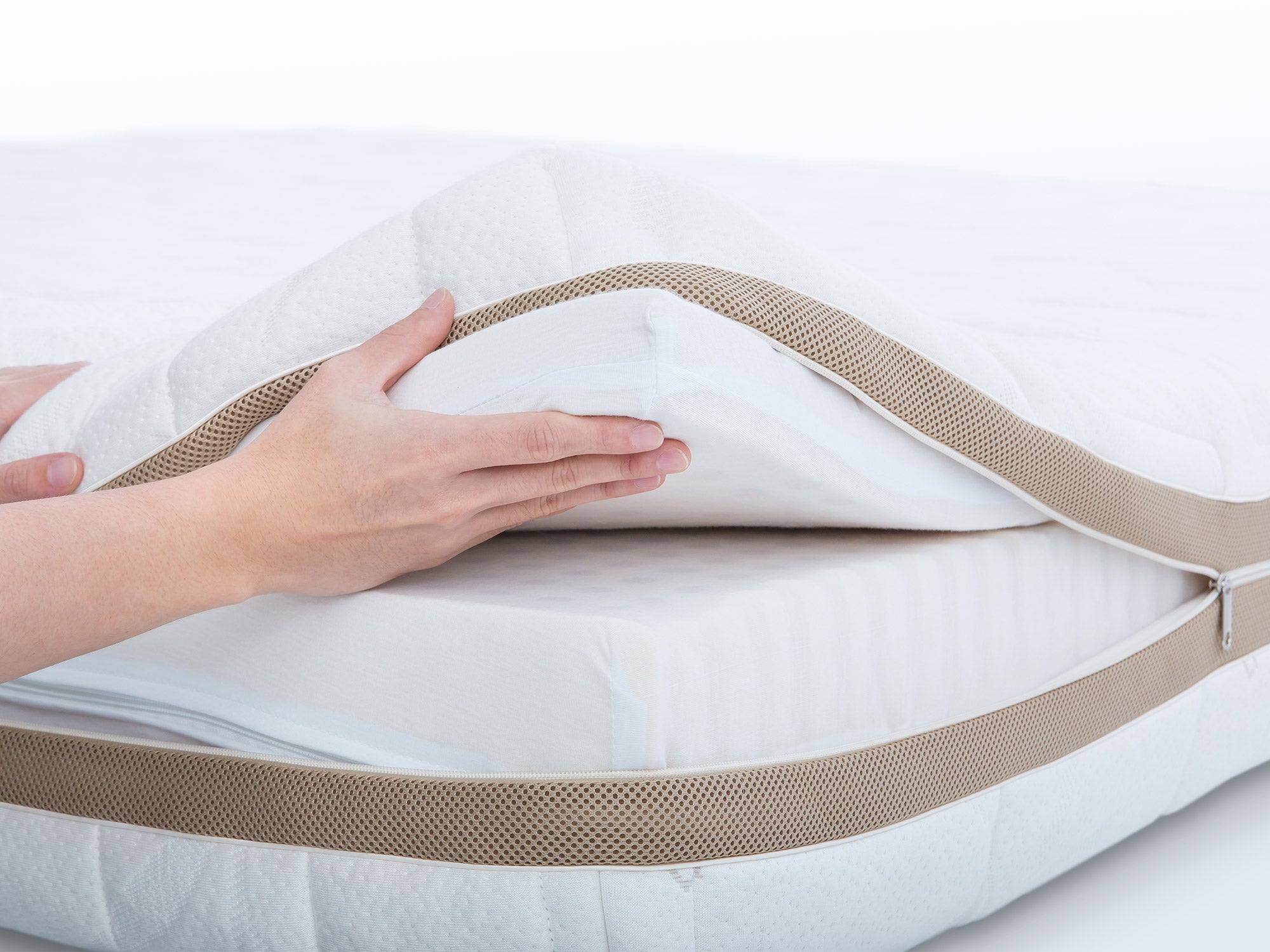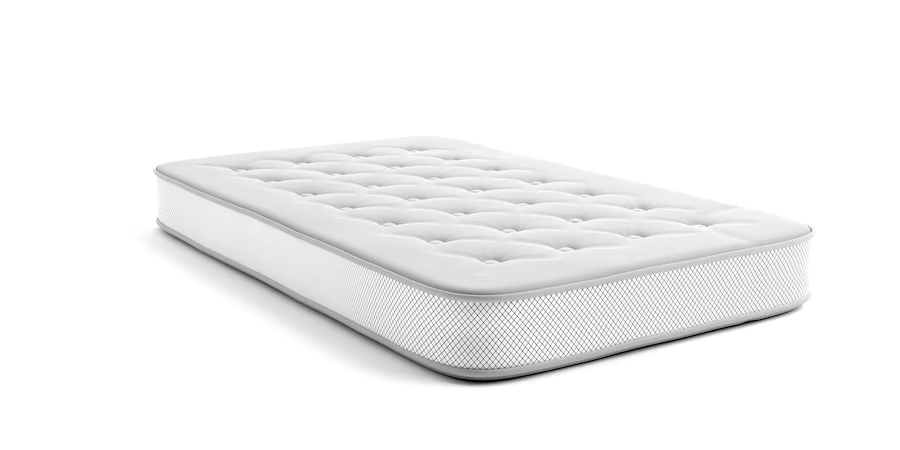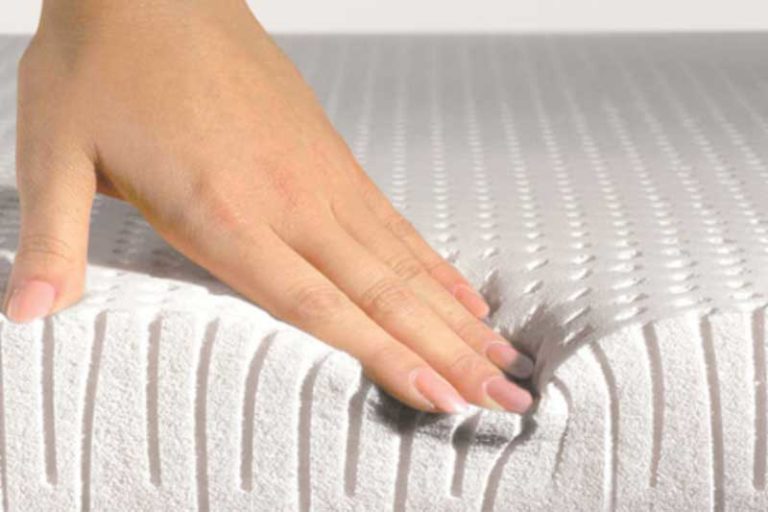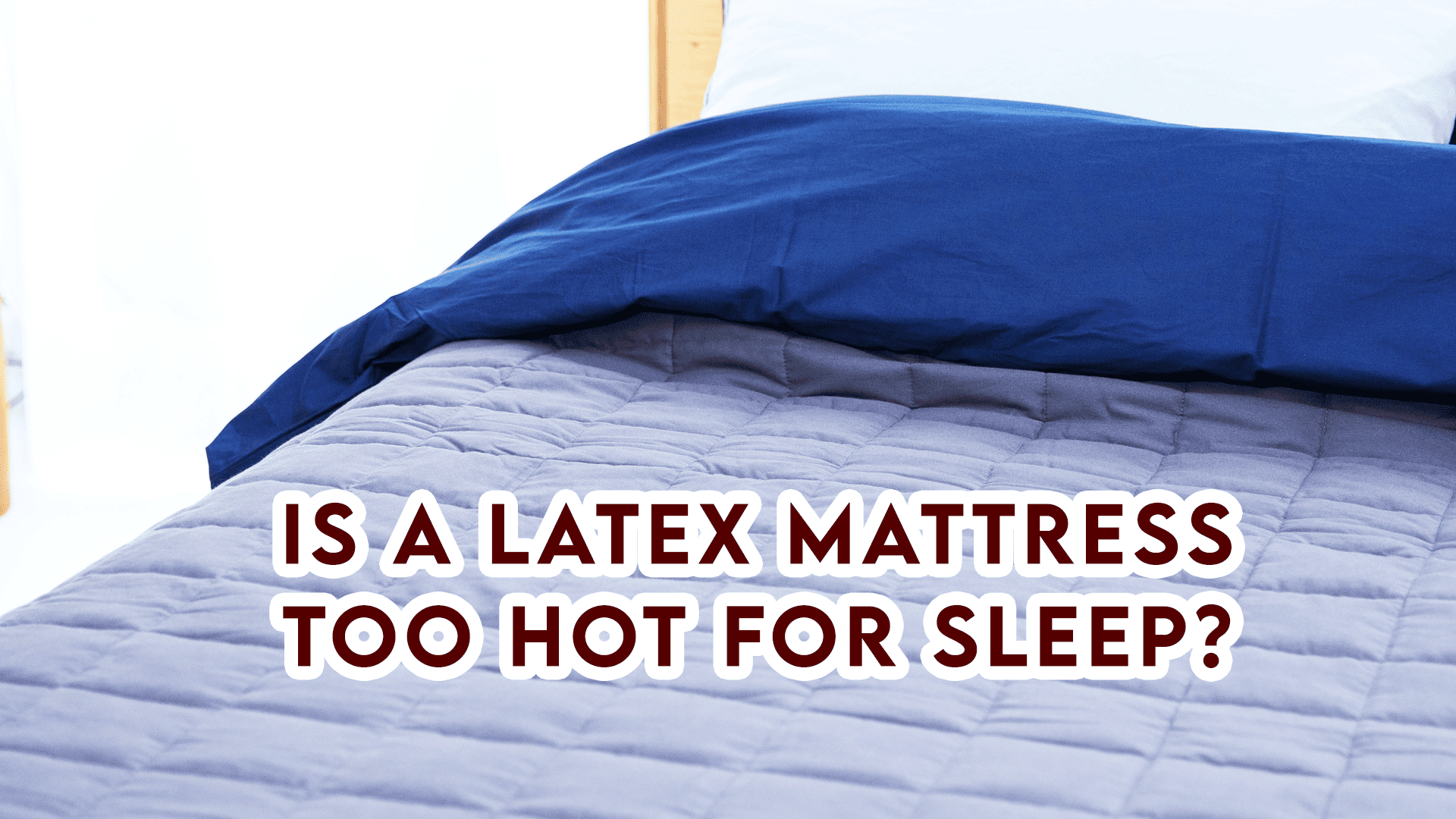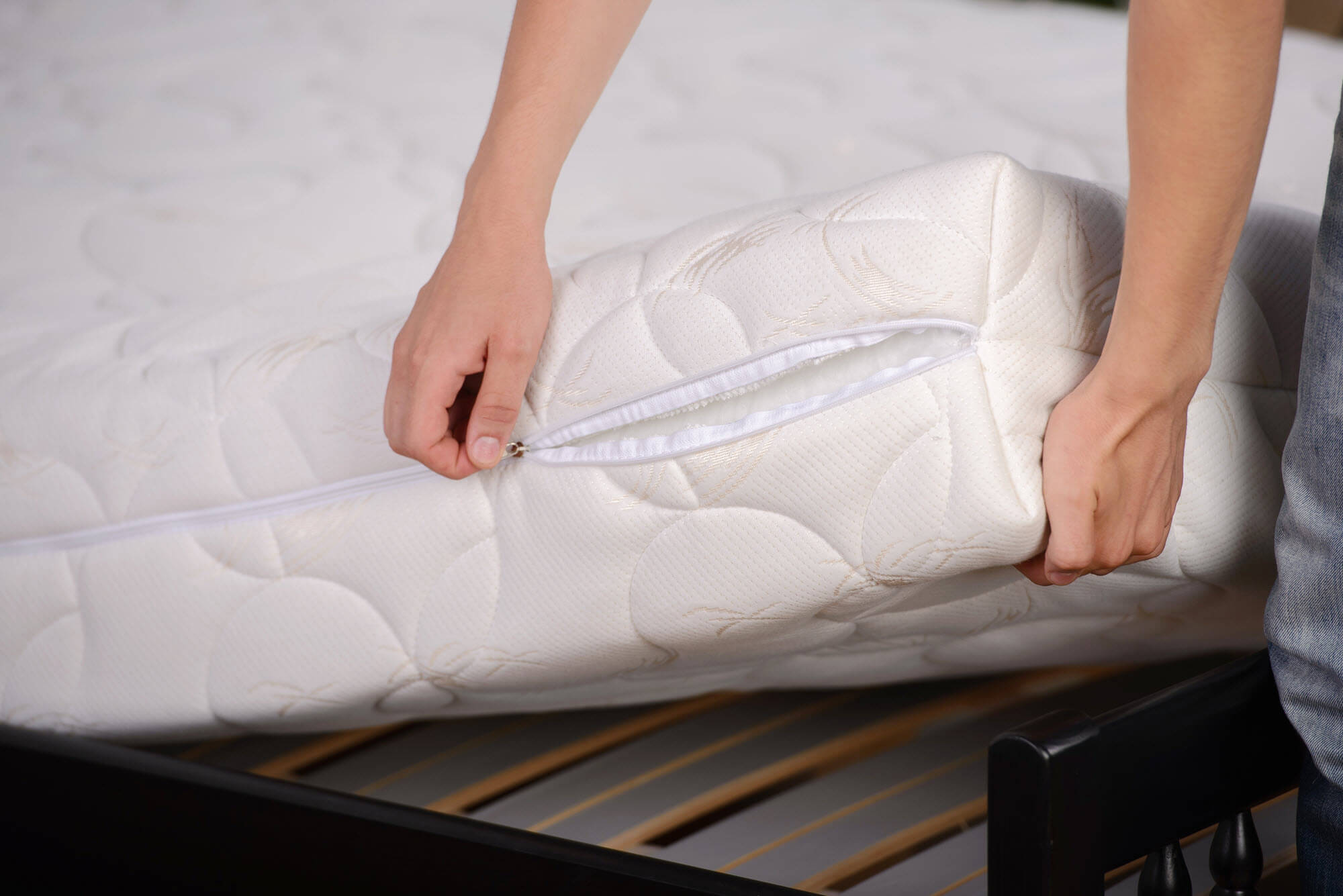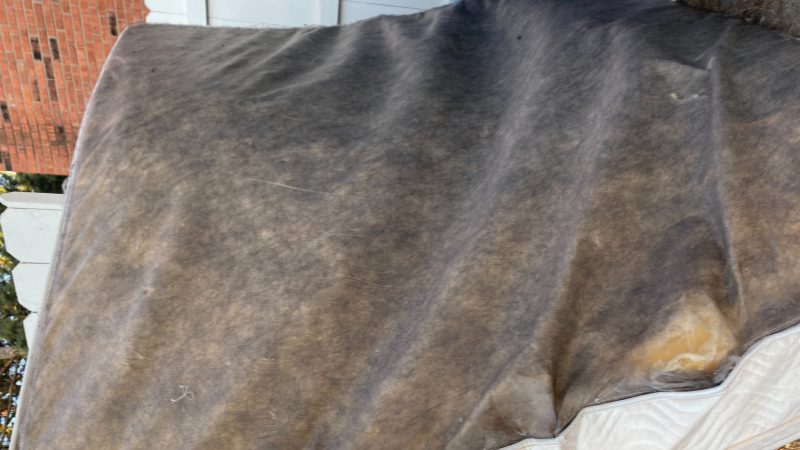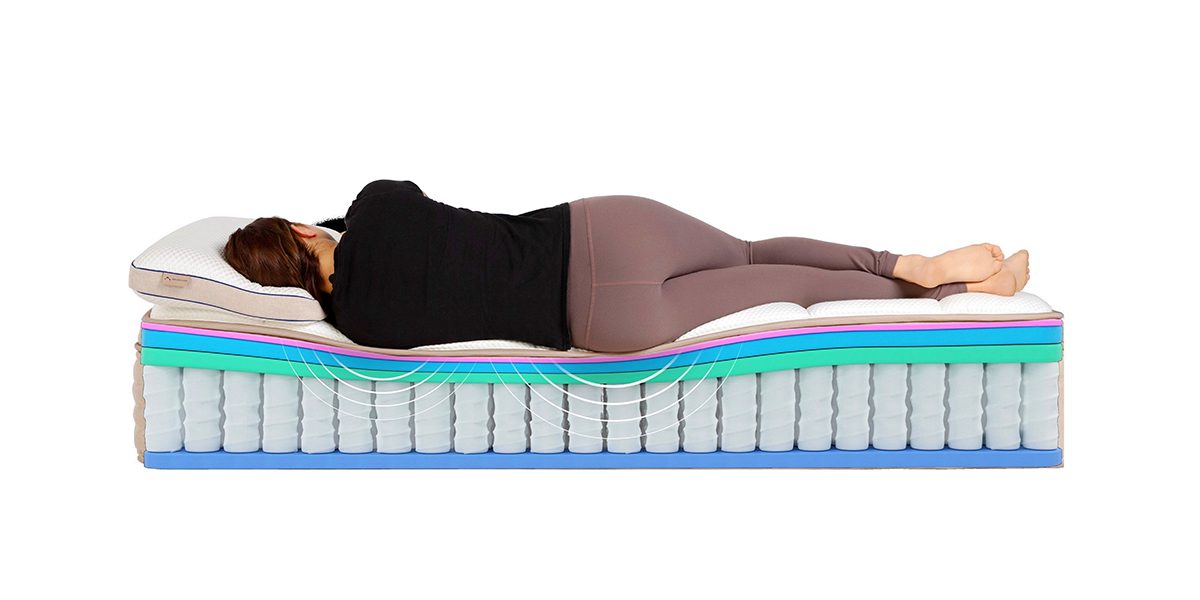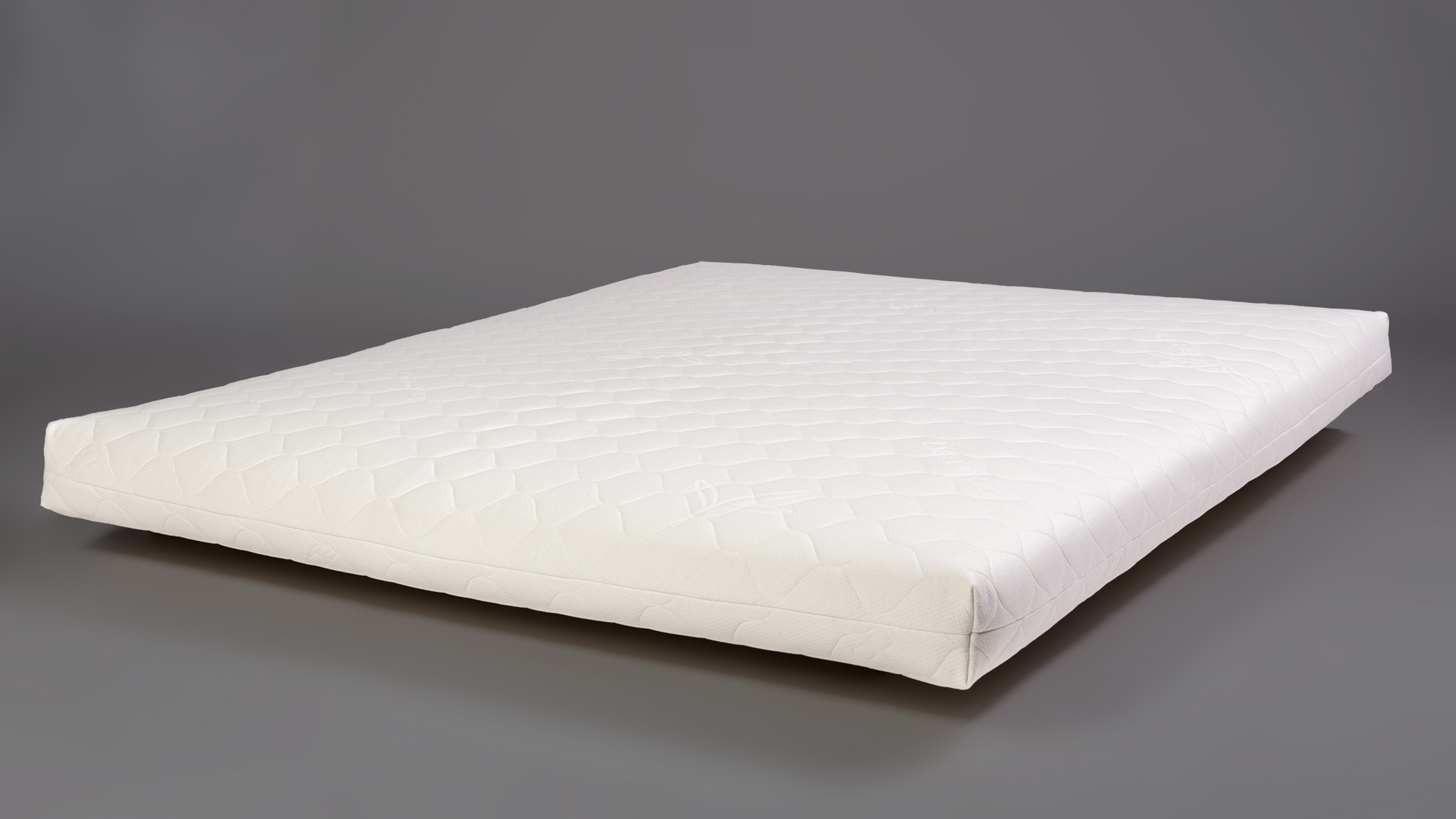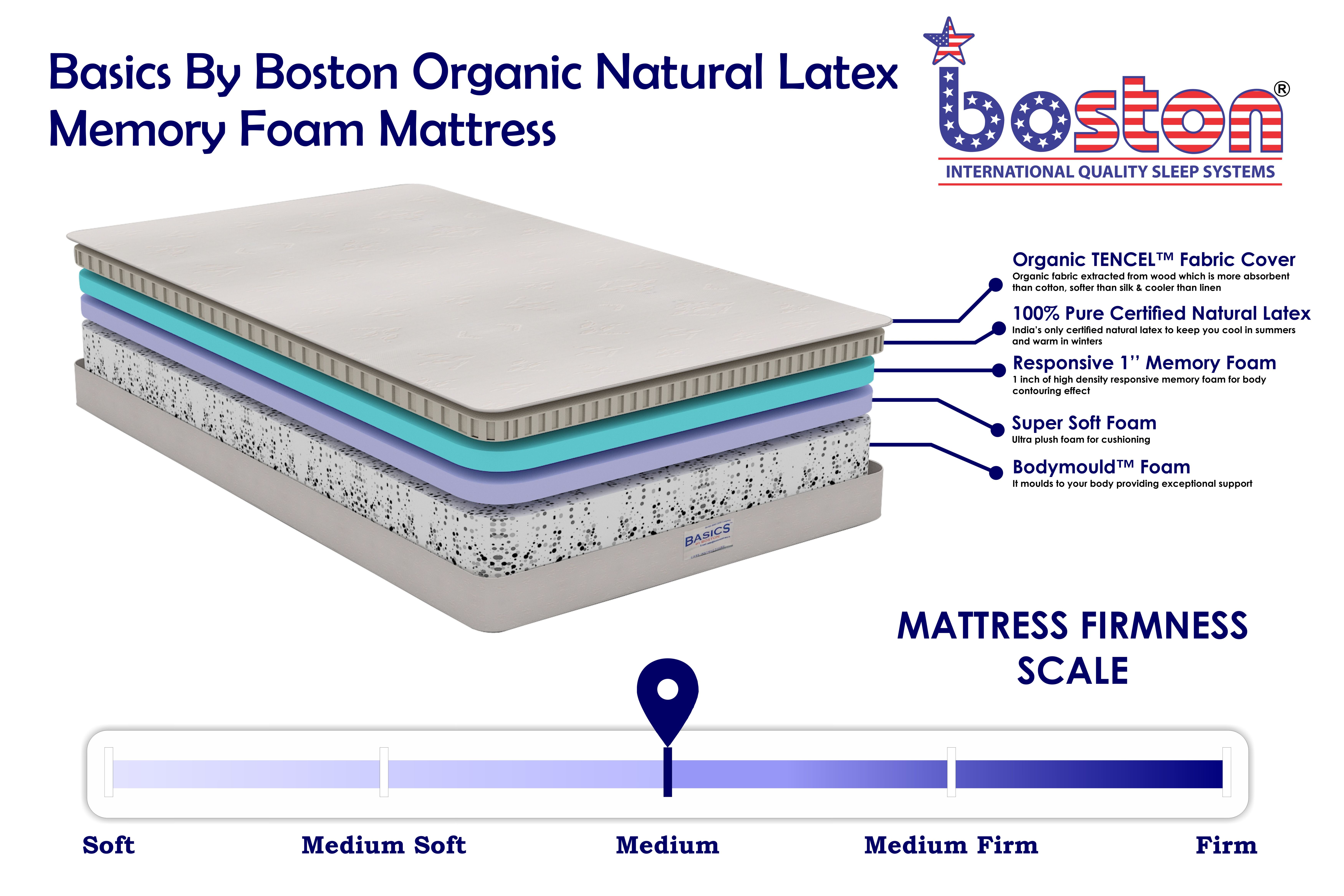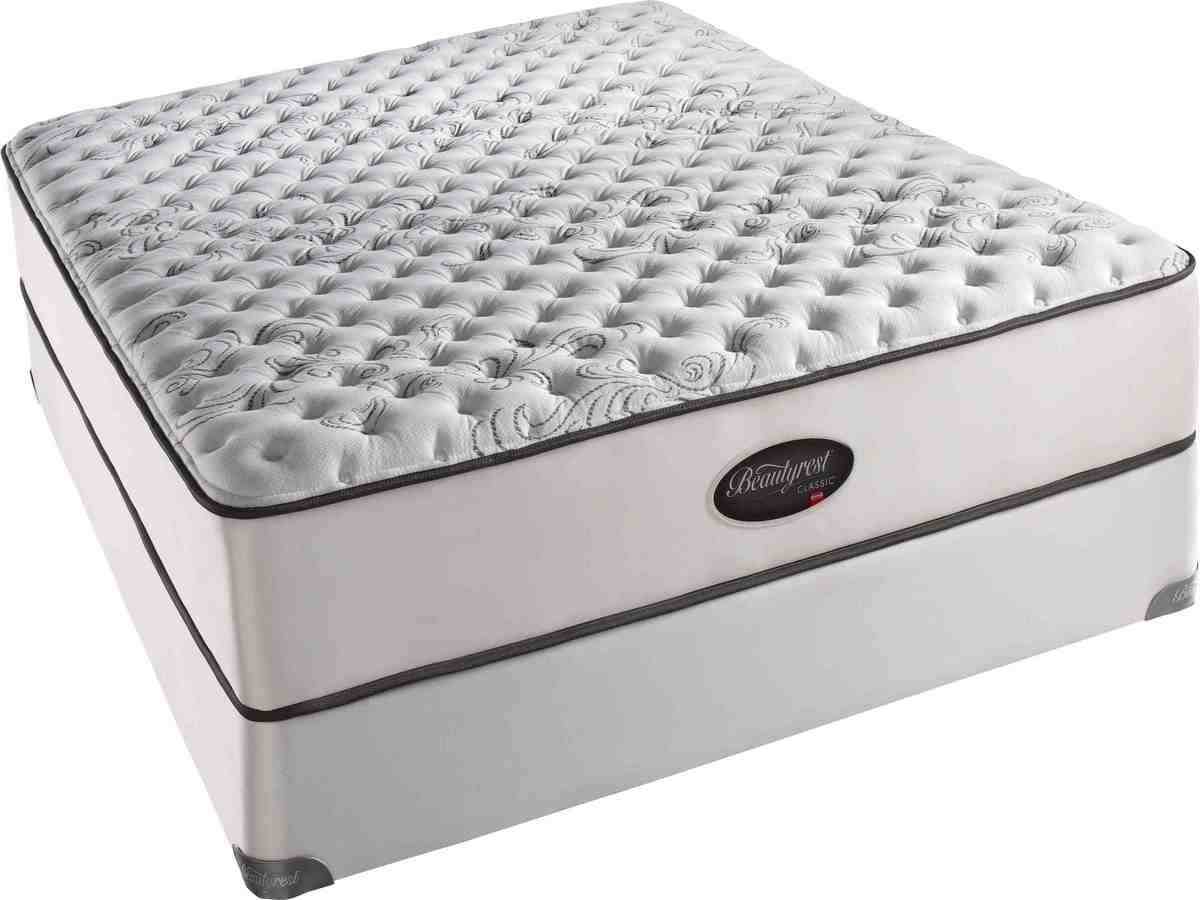1. Latex Allergy and Mattresses
Latex allergy is a common concern for those considering a latex mattress. Latex is a natural material derived from the sap of rubber trees, and some people may have an allergic reaction to proteins found in the latex. This can cause symptoms such as skin irritation, respiratory issues, and even anaphylaxis in severe cases. If you have a known latex allergy, it is important to carefully research the materials used in a latex mattress before purchasing.
2. Health Risks of Sleeping on a Latex Mattress
While latex mattresses are a popular choice for their durability and comfort, there are some potential health risks to consider. One concern is the potential for mold growth in a latex mattress. This can occur if the mattress is exposed to moisture, such as from spills or high humidity. Mold can cause respiratory issues and aggravate allergies, so it is important to maintain a dry and clean sleeping environment.
3. Latex Mattress Toxicity
One of the biggest concerns with latex mattresses is the potential for toxicity. Some latex mattresses may contain chemicals, such as flame retardants and VOCs (volatile organic compounds), which can off-gas and potentially harm your health. It is important to research the materials used in a latex mattress and choose a product that is certified as organic or non-toxic to avoid these risks.
4. Latex Mattress Off-Gassing and Health Concerns
Off-gassing is a common concern with all types of mattresses, including latex. This is the release of chemicals and odors from the materials used in the mattress, and it can potentially cause health issues such as headaches, nausea, and respiratory irritation. To minimize the risk of off-gassing, choose a latex mattress with low VOC or certified organic materials.
5. Latex Mattress and Asthma
For those with asthma, a latex mattress may not be the best choice. The latex proteins found in some mattresses can trigger asthma symptoms and make it difficult to breathe. Additionally, off-gassing and mold growth in a latex mattress can also aggravate asthma symptoms. It is important to consult with your doctor before purchasing a latex mattress if you have asthma.
6. Latex Mattress and Skin Irritation
Some people may experience skin irritation from sleeping on a latex mattress. This can be due to the natural latex proteins or from the chemicals and dyes used in the manufacturing process. If you have sensitive skin, it is important to test a latex mattress before purchasing to ensure you do not have a reaction.
7. Latex Mattress and Respiratory Issues
In addition to asthma and allergies, a latex mattress can potentially worsen other respiratory issues such as chronic bronchitis and emphysema. This is due to the potential for off-gassing and mold growth, which can irritate the respiratory system. It is important to carefully research the materials used in a latex mattress and choose a product that is safe for your specific health needs.
8. Latex Mattress and Chemical Sensitivity
For those with chemical sensitivity, sleeping on a latex mattress may be problematic. The chemicals used in the manufacturing process, as well as the potential for off-gassing, can cause symptoms such as headaches, fatigue, and respiratory irritation. It is important to choose a latex mattress that is certified as non-toxic or hypoallergenic to avoid these issues.
9. Latex Mattress and Mold Growth
As mentioned earlier, mold growth is a concern with latex mattresses. This can occur if the mattress is exposed to moisture, which can come from spills, body sweat, or high humidity. Mold can cause respiratory issues and aggravate allergies, so it is important to regularly clean and maintain your latex mattress to prevent mold growth.
10. Latex Mattress and Back Pain
While a latex mattress is generally considered a good choice for those with back pain, it may not be suitable for everyone. The firmness of a latex mattress can vary greatly, and if it is too soft or too firm for your specific needs, it can potentially worsen back pain. It is important to try out different levels of firmness and find one that provides proper support for your spine.
The Potential Health Problems Associated with Latex Mattresses
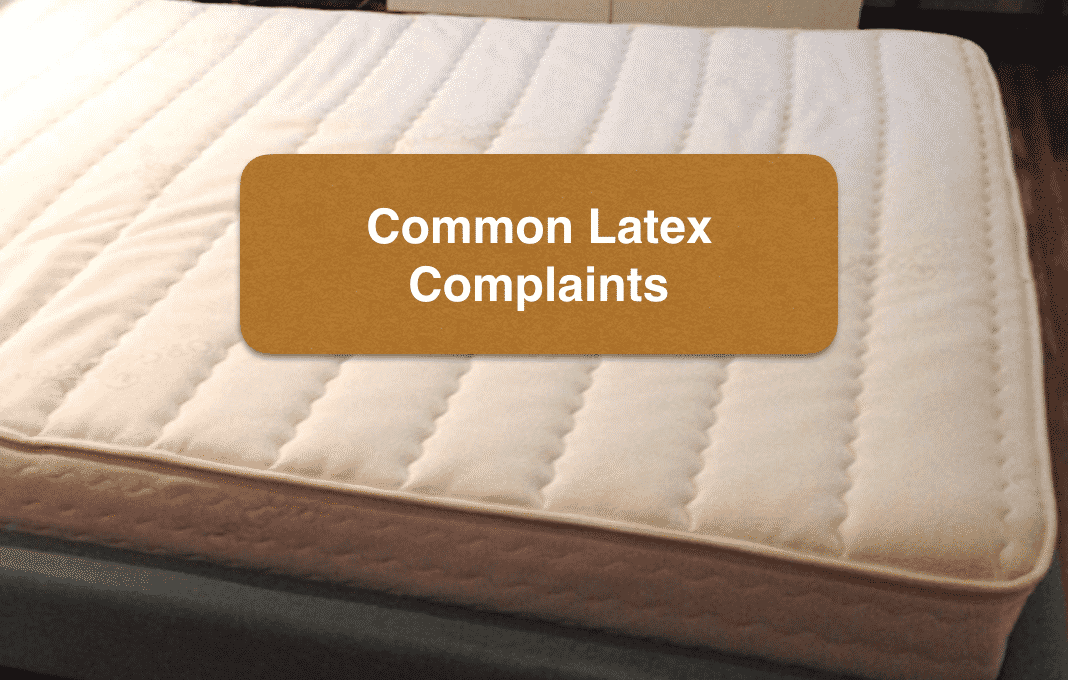
Introduction
 Latex mattresses have gained popularity in recent years due to their eco-friendly and sustainable nature. Made from the sap of rubber trees, these mattresses are known for their durability and comfort. However, despite their many benefits, latex mattresses have been linked to certain health problems. In this article, we will delve into the potential health concerns associated with latex mattresses and explore ways to mitigate these issues.
Latex mattresses have gained popularity in recent years due to their eco-friendly and sustainable nature. Made from the sap of rubber trees, these mattresses are known for their durability and comfort. However, despite their many benefits, latex mattresses have been linked to certain health problems. In this article, we will delve into the potential health concerns associated with latex mattresses and explore ways to mitigate these issues.
Allergies and Sensitivities
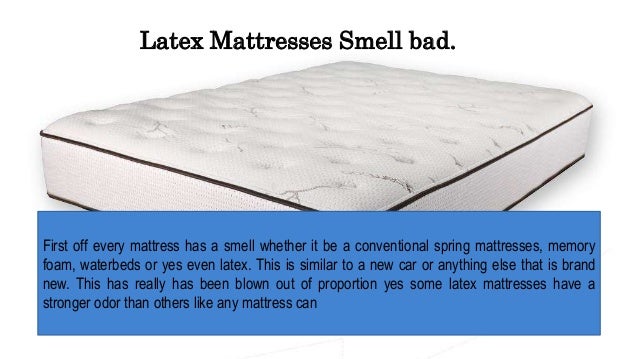 One of the most commonly reported health problems related to latex mattresses is allergies and sensitivities. Natural latex can trigger an allergic reaction in some individuals, causing symptoms such as sneezing, itching, and watery eyes. This is because latex contains proteins that can cause the body's immune system to overreact. Those with pre-existing allergies or asthma are more susceptible to developing a reaction to latex mattresses.
One of the most commonly reported health problems related to latex mattresses is allergies and sensitivities. Natural latex can trigger an allergic reaction in some individuals, causing symptoms such as sneezing, itching, and watery eyes. This is because latex contains proteins that can cause the body's immune system to overreact. Those with pre-existing allergies or asthma are more susceptible to developing a reaction to latex mattresses.
Toxic Chemicals
 Another concern with latex mattresses is the use of toxic chemicals during the manufacturing process. Some manufacturers use synthetic latex, which is made from petrochemicals, to reduce production costs. These chemicals, such as polyurethane and formaldehyde, can emit harmful fumes that can be inhaled while sleeping. Prolonged exposure to these chemicals can lead to respiratory problems and other health issues.
Another concern with latex mattresses is the use of toxic chemicals during the manufacturing process. Some manufacturers use synthetic latex, which is made from petrochemicals, to reduce production costs. These chemicals, such as polyurethane and formaldehyde, can emit harmful fumes that can be inhaled while sleeping. Prolonged exposure to these chemicals can lead to respiratory problems and other health issues.
Off-Gassing
 Off-gassing is a process in which volatile organic compounds (VOCs) are released from a material, such as a mattress. In the case of latex mattresses, off-gassing can occur due to the use of adhesives, flame retardants, and other chemicals in the production process. These VOCs can cause irritation to the eyes, nose, and throat, and can also aggravate respiratory conditions. It is important to note that off-gassing is not exclusive to latex mattresses and can occur with other types of mattresses as well.
Off-gassing is a process in which volatile organic compounds (VOCs) are released from a material, such as a mattress. In the case of latex mattresses, off-gassing can occur due to the use of adhesives, flame retardants, and other chemicals in the production process. These VOCs can cause irritation to the eyes, nose, and throat, and can also aggravate respiratory conditions. It is important to note that off-gassing is not exclusive to latex mattresses and can occur with other types of mattresses as well.
How to Minimize Health Risks
 While latex mattresses do come with some potential health concerns, there are ways to minimize these risks. First and foremost, it is essential to choose a high-quality, organic latex mattress that is certified by reputable organizations. These mattresses are made from natural latex and do not contain synthetic materials or harmful chemicals. Additionally, using a mattress cover can help reduce exposure to allergens and chemicals. Proper ventilation of the bedroom can also help dissipate any VOCs that may be present.
In conclusion, while latex mattresses may offer many benefits, it is essential to be aware of the potential health risks associated with them. By choosing a high-quality, organic mattress and taking necessary precautions, you can enjoy the comfort and sustainability of a latex mattress without compromising your health.
While latex mattresses do come with some potential health concerns, there are ways to minimize these risks. First and foremost, it is essential to choose a high-quality, organic latex mattress that is certified by reputable organizations. These mattresses are made from natural latex and do not contain synthetic materials or harmful chemicals. Additionally, using a mattress cover can help reduce exposure to allergens and chemicals. Proper ventilation of the bedroom can also help dissipate any VOCs that may be present.
In conclusion, while latex mattresses may offer many benefits, it is essential to be aware of the potential health risks associated with them. By choosing a high-quality, organic mattress and taking necessary precautions, you can enjoy the comfort and sustainability of a latex mattress without compromising your health.


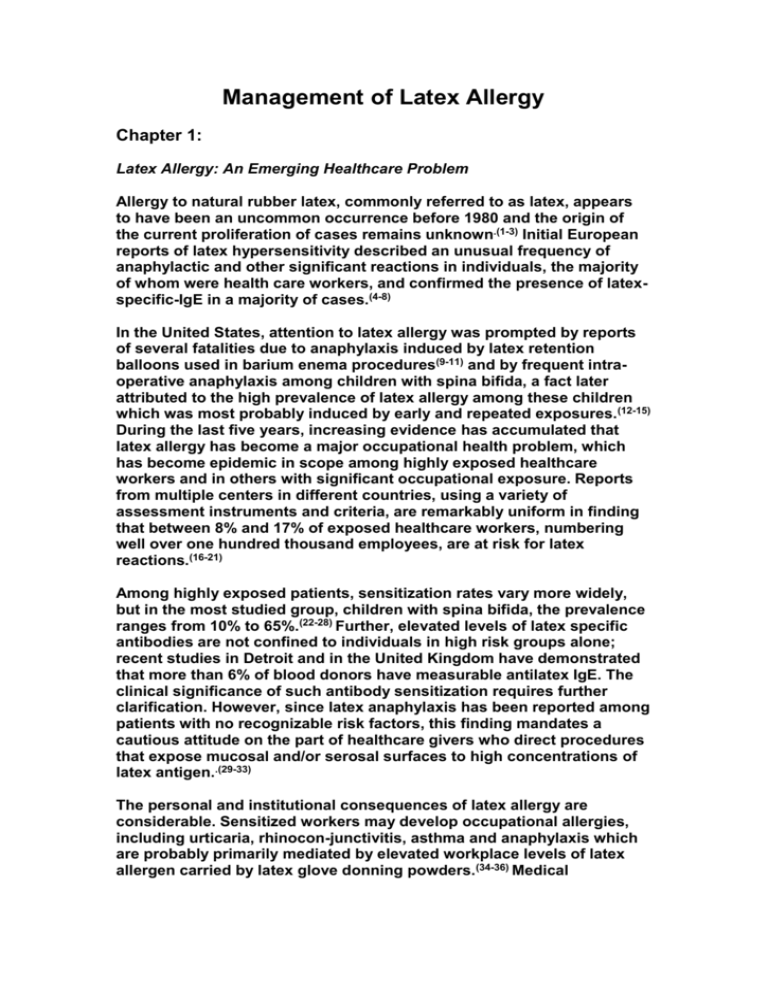

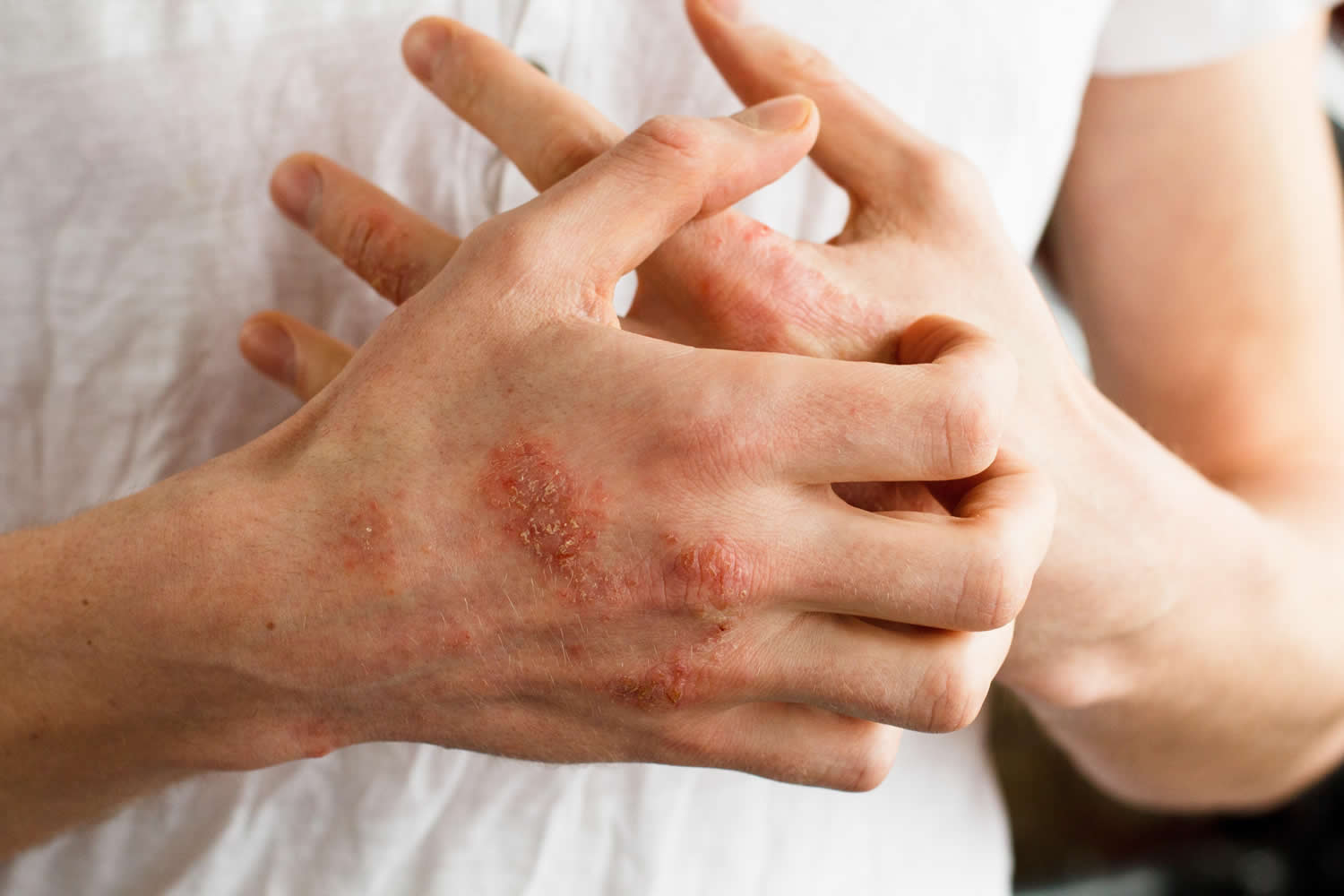


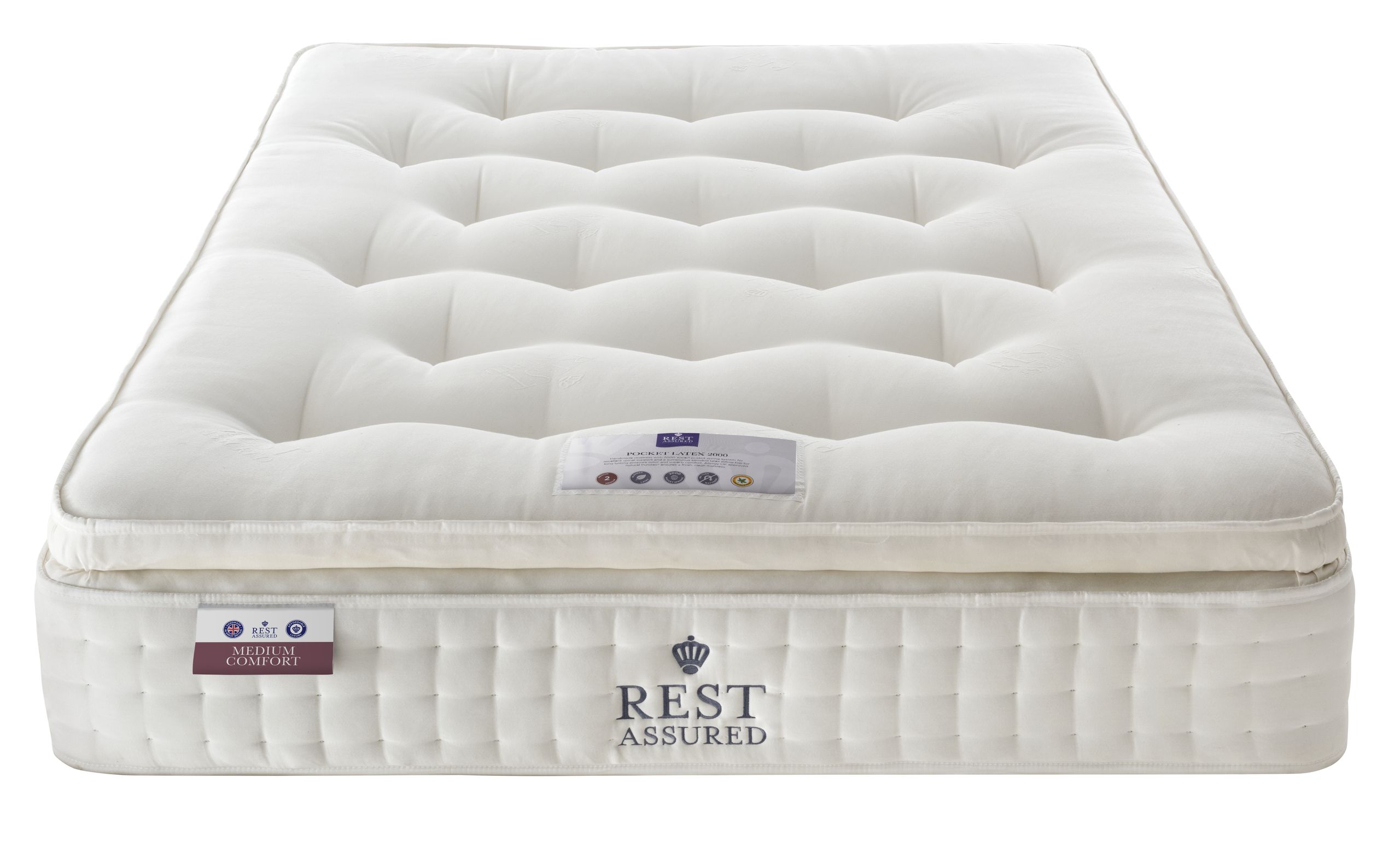






:max_bytes(150000):strip_icc()/what-are-the-symptoms-of-sleep-deprivation-3015161_color4-5b42c4ddc9e77c00374089b8.png)























